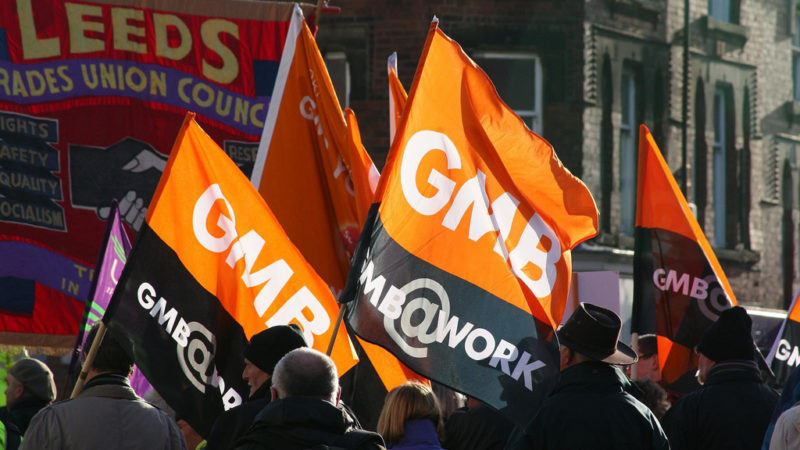
Problems of low pay and low investment have gone hand-in-hand for many workers that GMB represents, including tens of thousands of members across low-paying sectors such as retail, social care and security. For our members in these sectors, many being women and migrant workers, the crisis of low pay is a structural one. It exists because their work and the sectors they work in have long been undervalued and under-recognised.
In our national cost-of-living survey, 84% of GMB members said their pay is not keeping up with rising prices and, for the lowest-paid workers on or just above the statutory minimum, the recovery so far has been anything but equitable.
The crisis of low pay is growing across the UK economy. Major employers across sectors from retail to health are failing to pay workers properly and on time, leading to many having to rely on borrowing from friends or lenders to make ends meet.
GMB believes that the path to a stronger and fairer economy runs through high wages and high levels of investment. Yet while average real wages were at the same level before the pandemic as they were 14 years before, shareholders’ dividends doubled in the decade before the Covid pandemic.
With average wages stagnating over the last ten years in real terms, this has impacted growth in minimum wage rates, leaving the lowest-paid struggling to make ends meet. The current remit of looking at average earnings is too narrow, particularly in terms of the so-called ‘National Living Wage’. A genuine living wage must surely reflect the cost of living.
We have long called for reform of the Low Pay Commission. The Tories’ so-called national living wage is nothing of the sort – it is a fake living wage. Labour New Deal commitment to require the Low Pay Commission to take the cost of living into account to ensure a genuine living wage is an important step in the right direction to changing this.
GMB ultimately wants to see a national minimum wage that equates to a real national living wage and is paid to all workers. There is no justification for two people doing the same job to be paid differently just because of their age, and it has always been wrong that law allows this pay discrimination on such a basis. The Low Pay Commission should also be reformed further, so that it can investigate the causes of low pay and make recommendations.
Young workers are particularly hard hit by the cost-of-living crisis, and the discriminatory age bandings cannot be abolished quickly enough; 20-year-old worker won’t get a reduction on their bills because of their age – but they can still be paid up to 28% less an hour than older colleagues for doing the same work. Wages should never be based on ages and Labour’s commitment to ensure a new genuine national living wage will be paid to every adult worker grasps this nettle and is an important step in ending wage discrimination.
Tory trickle-down economics will always fail – what drives forward our economy are the talents and efforts of millions of working people. We need a UK that works for working people, and that means a fair day’s pay for a day’s work.




More from LabourList
‘The Sherriff of Wild Westminster: what must change in elections bill’
‘The hope that kills you’: Reflections from the final day in Gorton and Denton
MPs, union leaders and organisations react to ‘bruising’ Gorton and Denton result